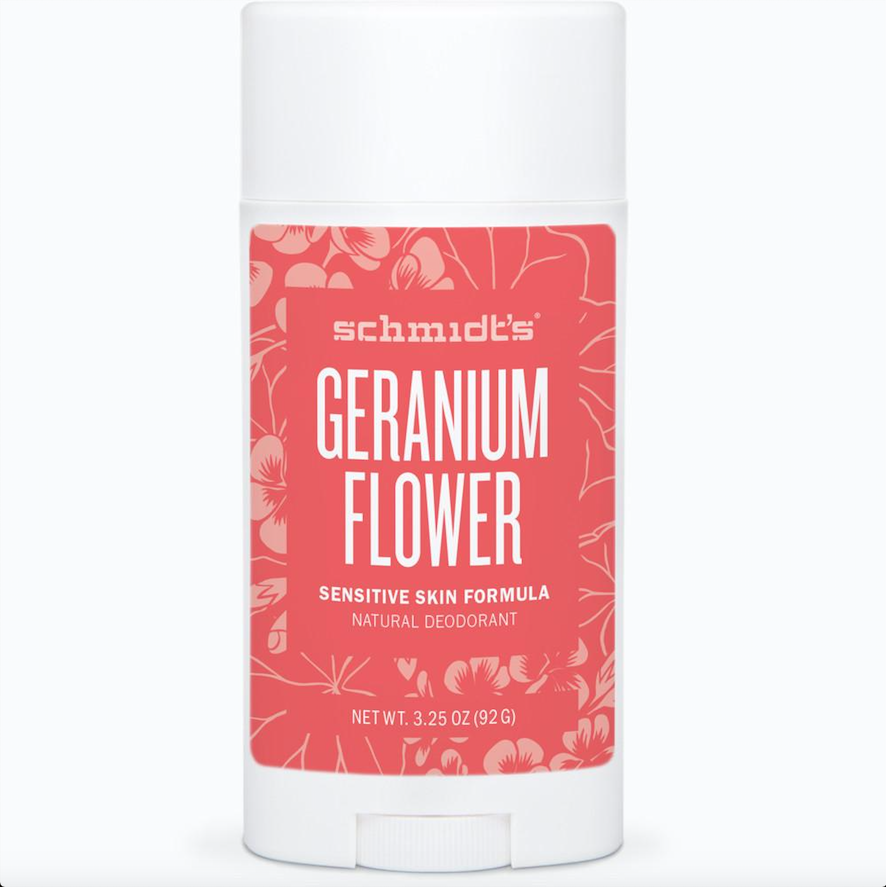It is ingrained in your morning routine. You apply it without even giving it a second thought. It prevents you from exuding an unpleasant odor when you exercise, when you are stressed and when the Florida humidity hits you with full force on any given day. Thank goodness for deodorant — for its fresh scent and its protective nature. It is a medicine cabinet must-have, or so we have been groomed to believe. But what do we actually know about deodorant and antiperspirant? Is deodorant safe?
Deodorants cover up our bodies’ natural scents, which are displeasing when we sweat. Antiperspirants work to reduce the amount of sweat our bodies produce by clogging our sweat glands with ingredients like aluminum and zirconium. However, there has been concern that the aluminum used in antiperspirants has cancer-causing properties. The reason for this common fear is the proximity of the armpits to the breasts, in particular the upper outer section of the breast, where most cancers develop. However, according to the National Cancer Institute, “no scientific evidence links the use of these products to the development of breast cancer.”
What’s in my deodorant?
Another concern surrounding deodorants and antiperspirants is the presence of preservatives called parabens. However, according to the NCI, though parabens have been found in breast tumors, there is currently no scientific evidence that they cause those tumors. Also, though parabens are common in other cosmetic and pharmaceutical products, most deodorants and antiperspirants are currently made without the preservative. If you would like to double check that your deodorant is safe and paraben-free, you can reference the U.S. Department of Health and Human Service’s Household Products Database.
Although the NCI has not linked antiperspirants to an increased risk of breast cancer, you can try a more natural deodorant if you would like to avoid aluminum and parabens altogether. Plenty of cosmetic and skincare companies are now enlisting plant-based ingredients instead of aluminum to help you stay smelling fresh all day long. Companies like Agent Nateur, Schmidt’s Naturals and Lavanila all offer natural deodorants that neutralize odors. However, the majority of natural deodorants are just that. They do not offer antiperspirant properties, so while they are designed to eliminate unpleasant odors, you may still experience wetness.
If you are feeling ambitious, you can also create your own deodorant at home. Rubbing alcohol and lemon juice can be used as all-natural deodorants. Both are known to kill odor-causing bacteria.
Thankfully there is an endless supply of classic and natural , safe deodorants and antiperspirants out there for you to try. You are bound to find something that works for you.
Gels, solids or sprays?
There are several different deodorant types available, and what you decide to use is up to you! Gel deodorants are typically clear, which eliminates the residue that can stain your clothes when you use solid deodorants, and have a lightweight formula. Solid deodorants, while plagued with the unfortunate residue that can discolor your clothing, tend to provide a stronger and longer defense against odors. However, they are also more likely to cause skin irritations because they are thicker than gels and sprays. Spray deodorants are known to dry quickly, and they can be applied to other sweaty areas, such as the palms or behind the knees, more easily than a solid or gel formula.
Related articles
6 Hygiene Habits You’re Doing Wrong

